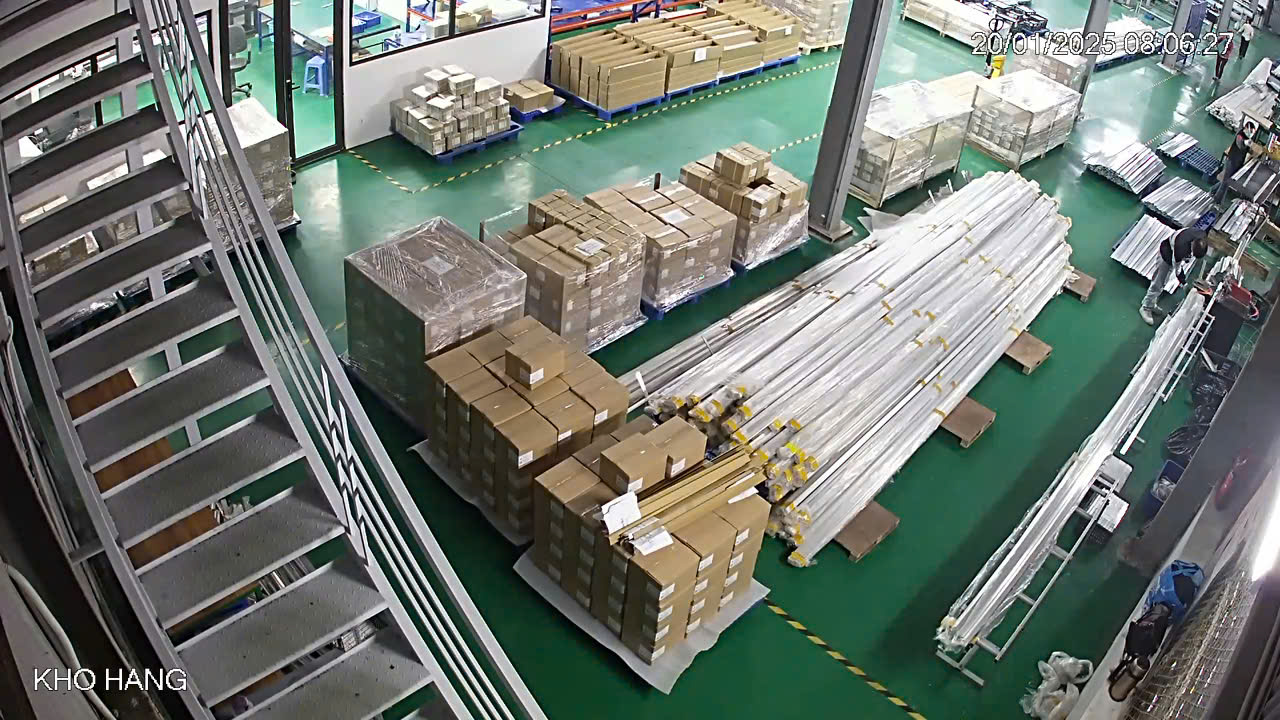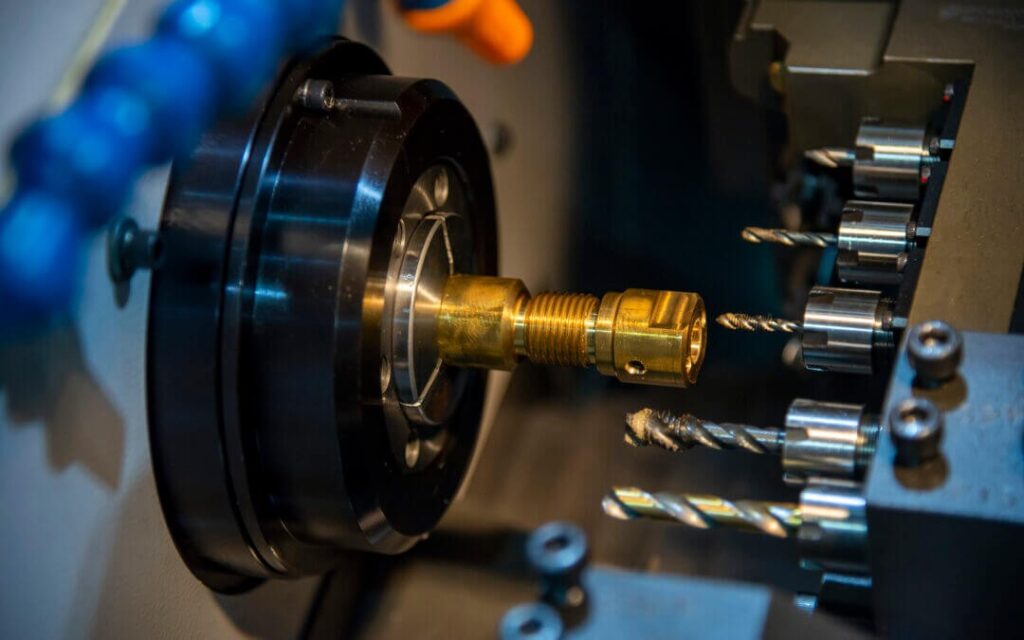Understanding Precision Machining
Precision machining is a manufacturing process that involves the removal of material from a workpiece to achieve highly accurate dimensions and smooth finishes. This process is essential for creating components with tight tolerances, which are crucial for various high-performance industries. Precision machining differs from general machining due to its focus on achieving exact specifications and superior surface quality.
Techniques used in precision machining include milling, turning, grinding, and electrical discharge machining (EDM). Each method has its specific applications and benefits, allowing manufacturers to choose the most suitable technique depending on the material and desired outcome. Commonly machined materials include metals such as aluminum, steel, titanium, and non-metals like plastics and ceramics. These materials are selected based on their mechanical properties, cost, and compatibility with the intended application.
Precision machining is pivotal in industries like aerospace, automotive, medical devices, and electronics. For example, the aerospace industry demands components with exceptional precision to ensure safety and performance under extreme conditions. Similarly, the medical sector relies on precision machining to produce intricate surgical instruments and implants that meet stringent health regulations. The automotive industry benefits from precision machining by enhancing the reliability and efficiency of engine components. In electronics, precision machining is used to create intricate parts for devices such as smartphones and computers, where even the slightest deviation can impact functionality.
Technological advancements have significantly enhanced the capabilities of precision machining. CNC (Computer Numerical Control) machines are a game-changer, allowing for the automation of complex machining tasks with high repeatability and minimal human intervention. CAD/CAM (Computer-Aided Design/Computer-Aided Manufacturing) software complements CNC machines by enabling the precise design and programming of machining operations. Together, these technologies ensure that precision machining can achieve unparalleled levels of accuracy and efficiency, making it indispensable for modern manufacturing.
Key Factors to Consider When Choosing a Precision Machining Supplier
When selecting a precision machining supplier for your business, several critical factors must be evaluated to ensure you make an informed decision. One of the foremost considerations is the experience and expertise of the supplier. A supplier with a long-standing presence in the industry often brings a wealth of knowledge and a proven track record in handling projects similar to yours. This experience can be invaluable in anticipating and addressing potential challenges that may arise during the machining process.
Quality assurance is another vital aspect. It is essential to verify that the supplier has robust quality assurance processes in place. Certifications such as ISO 9001 are good indicators of a supplier’s commitment to maintaining high standards. Additionally, compliance with industry standards ensures that the machined components meet the necessary specifications and performance criteria. This layer of assurance can significantly reduce the risk of defects and ensure consistent quality in the final products.
The role of advanced machinery and technology cannot be overstated in precision machining. Suppliers equipped with state-of-the-art machinery and cutting-edge technology can achieve higher levels of precision and consistency in their outputs. This technological capability translates to better product performance and reliability, which can be critical in industries where precision is paramount.
Excellent customer service is also a crucial factor. A supplier’s responsiveness, clear communication, and ability to meet delivery deadlines can greatly impact the success of your project. Reliable customer service ensures that any issues are promptly addressed and that there is a smooth flow of information throughout the project lifecycle. This aspect fosters a collaborative relationship and enhances overall satisfaction.
Lastly, cost-effectiveness is an important consideration but should be approached with caution. While it is important to manage costs, opting for the lowest-priced supplier may not always be the best decision. Sacrificing quality for lower prices can lead to subpar products, increased defect rates, and potential delays, ultimately costing more in the long run. A balanced approach that considers both cost and quality will yield the best results for your business.



